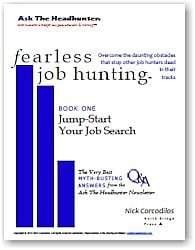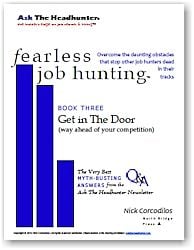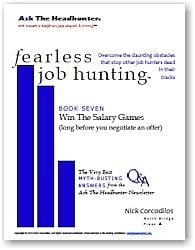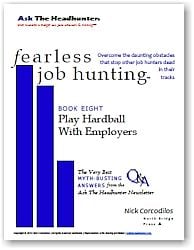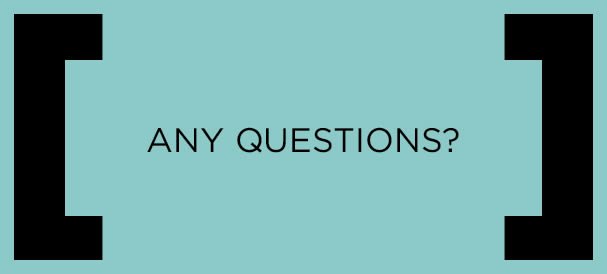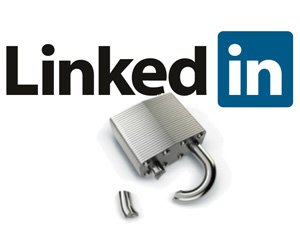In the January 7, 2014 Ask The Headhunter Newsletter, a reader takes on employers who play games in job interviews:
You have an awesome newsletter and I am glad that I have subscribed to it. I wish more people (especially companies that hire) would read it. Have you ever heard of an interview process where there is more than one interviewer, and the second or third interviewer just sits there and acts bored or is rude the whole time (yawning, etc.)? How would you recommend dealing with it? What is this type of interview ? I have found no information on the web about it.
I have never personally had this happen to me but I have had friends tell me these things have happened to them. One interviewer will ask a question and, when the interviewee attempts to answer, the second or third interviewer will start talking to another interviewer or yawn in what seems like an obvious attempt to throw the interviewee off guard.
I was in the Army some time ago and I heard that this was frequently done during oral board interviews for promotion. The military I get, but not a company that is supposed to be professional.
Nick’s Reply
Thanks for your kind words about the newsletter — glad you enjoy it. Believe it or not, there are lots of HR folks who subscribe. They tell me they’re not the “personnel jockeys” I write about. I figure if they keep reading, maybe they’re not!
 The situation your friends are experiencing is a variation on the “stress interview,” where an employer will introduce something to stress out the job candidate. The classic move is for the interviewer to start yelling at the applicant, just to see what he’ll do. (Of course, your friends might just be visiting employers that have actual, rude employees or managers in those interviews!)
The situation your friends are experiencing is a variation on the “stress interview,” where an employer will introduce something to stress out the job candidate. The classic move is for the interviewer to start yelling at the applicant, just to see what he’ll do. (Of course, your friends might just be visiting employers that have actual, rude employees or managers in those interviews!)
But it doesn’t matter to me whether we’re talking about rude interviewers, or about interviewers who intentionally abuse applicants to test them. My advice is the same: Stop the interview.
Calmly but firmly explain that you’re there to talk shop — to demonstrate how you’ll do the job profitably for the employer.
“But I don’t work for jerks, or tolerate bad behavior in any business environment, including this interview.”
Then I’d walk out calmly, without raising my voice or being rude in any way. Because you’re dealing with jerks.
If you really want to drive home the point to those interviewers,explain it to them this way:
“If you worked in sales and treated a prospective customer like this, would you be surprised if the prospect got up and walked out? Of course not. You wouldn’t be surprised, either, if your VP of Sales fired you. Now, what do you think I’m going to tell people in our professional community about my experience here?”
Honest — that’s what I’d do. People who behave like that are either naturally jerks, or they’re “manufactured” jerks who behave that way because someone told them it was a cool way to interview people, by abusing them. None of it is acceptable.
The minute you convince yourself that it’s acceptable, and try to appease your abuser, you become a sucker for an employer that (1) has no idea what it’s doing, or (2) has just revealed what life will be like if you take a job there. I’ve walked out of meetings like that, and I’ve felt great. I couldn’t care less what “opportunity” I might have missed, because dealing with people like that is no opportunity.
This isn’t the only way employers will abuse you.
Learn how to Overcome Human Resources Obstacles, and find out how to Play Hardball With Employers.
A company that tests you to see how you will deal with jerks is risking its reputation. I believe such “techniques” are invented by failed human resources managers who are clueless about how to judge people, so they start “HR consulting practices” and invent goofy tricks that they then “sell” to their clients. And it goes around like an infection.
If the Army uses this technique, I’m surprised. What kind of salary would you expect an employer to pay you to go to boot camp and be a full-time soldier for them?
Have you ever been abused in a job interview? What did you do? How would you advise this reader?
: :





